To be is one of the most important verbs in the English language. Past Simple is one of the most frequently used tenses. Therefore, it is so important for English learners to know how to use to be correctly in the Past Simple.
It is impossible to use the Past Simple without the verb to be. To be is too important in English.
When I was younger, I was obsessed with making money.
He was too good for her.
I was 15 when I was abandoned.
We were halfway across town when that happened.
The verb to be is special and does not follow the same rules that apply to other verbs.
For example, the verb to be has three forms in the Present Simple: am, is, are.
In the Past Simple, to be has only two forms:
- was
- were

Which of these two forms to use depends on the subject in the sentence. If the subject is a singular noun or pronoun (I, he, she, it) we use was:
- I was (I was a good man)
- He was (He was here before)
- She was (She was too sick to go out.)
- It was (It was a good job.)
If the subject is a plural noun or pronoun (we, they), we use were:
- We were (We were like two kids raising ourselves.)
- They were (They were ordinary people going about their day.)
We use were with the pronoun you. It doesn’t matter if the subject (you) is one person or many:
- You were (John, do you remember me? You were my best friend back in school!
- You were (John, Jessica, Max, do you remember me? You were my best friends back in school!)

Another important detail to remember in order to correctly use the verb to be in Past Simple:
We do not use any auxiliary verbs for the verb to be. To be can form positive, question, and negative sentences on its own. That is, we do not use DID or DID NOT.
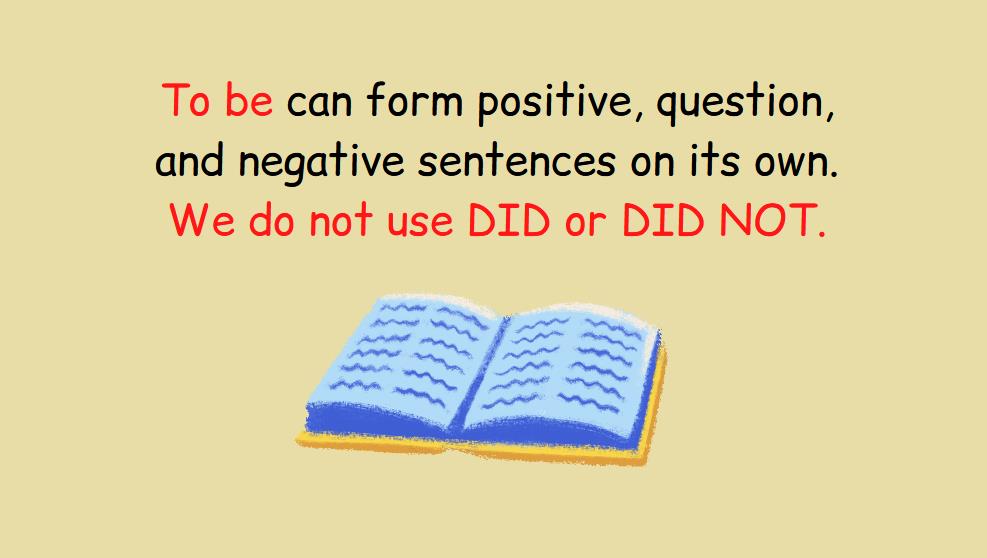
How To Form Sentences With To Be in Past Simple
To form a Positive sentence we put the verb to be after the subject.
Subject + Was / Were
I was a football player five years ago.
John was 5 years old in 1990.
We were friends when we were in school.
In a negative sentence, we add the negative not to was/were. We put this construction after the subject:
Subject + Was / Were + Not
John was not 5 years old In 1990.
We were not friends when we were in school.
To form an interrogative (question) sentence, we put the verb to be before the subject.
Was / Were + Subject
Was John 5 years old in 1990?
Were we friends when we were in school?
To form a special question, we add a question word or phrase at the beginning of the question:
Why were we friends when we were in school?
How to Answer Questions Using To Be in Past Simple
We can use two ways to answer the questions asked with to be in the Past Simple:
- Short positive / negative answer
- Full positive / negative answer
Short Answer
We form a Short Positive Answer using the following formula:
Yes + Subject + Was / Were.
Were you planning on telling me?
Yes, I was.Was he a student of yours?
Yes, he was.
We form a short negative answer the same way, only we put No at the beginning of the sentence. We also add the negative not after the verb to be. Was / Were + Not = Was not / Were not.
No + Subject + Was / Were + not.
Were you there when he said that?
No, I was not! (No, I was not there).
Full answer
To form a full affirmative (positive) answer, we turn the question into a Positive sentence. We put the affirmative word Yes at the beginning of such a sentence.
Yes + Subject + Was / Were + Rest of the sentence
Was he too slow?
Yes, he was too slow.
To form a full negative answer, we do the same thing, only we use the negative word No instead of Yes. We add the negative not after was/were.
No + Subject + Was not / Were not + Rest of the sentence
Were you close with him?
No, I was not close with him.
What is the Short Form (abbreviation) for To Be in Past Simple?
We rarely use the full form of the verb to be. Most often we contract it.
Positive sentences:
| Full | Short |
| I was | no short form |
| He was | He’s |
| She was | She’s |
| It was | It’s |
| We were | We’re |
| They were | They’re |
| You were | You’re |
Please note that we do not contract the verb to be with the pronoun I in the Past Simple.
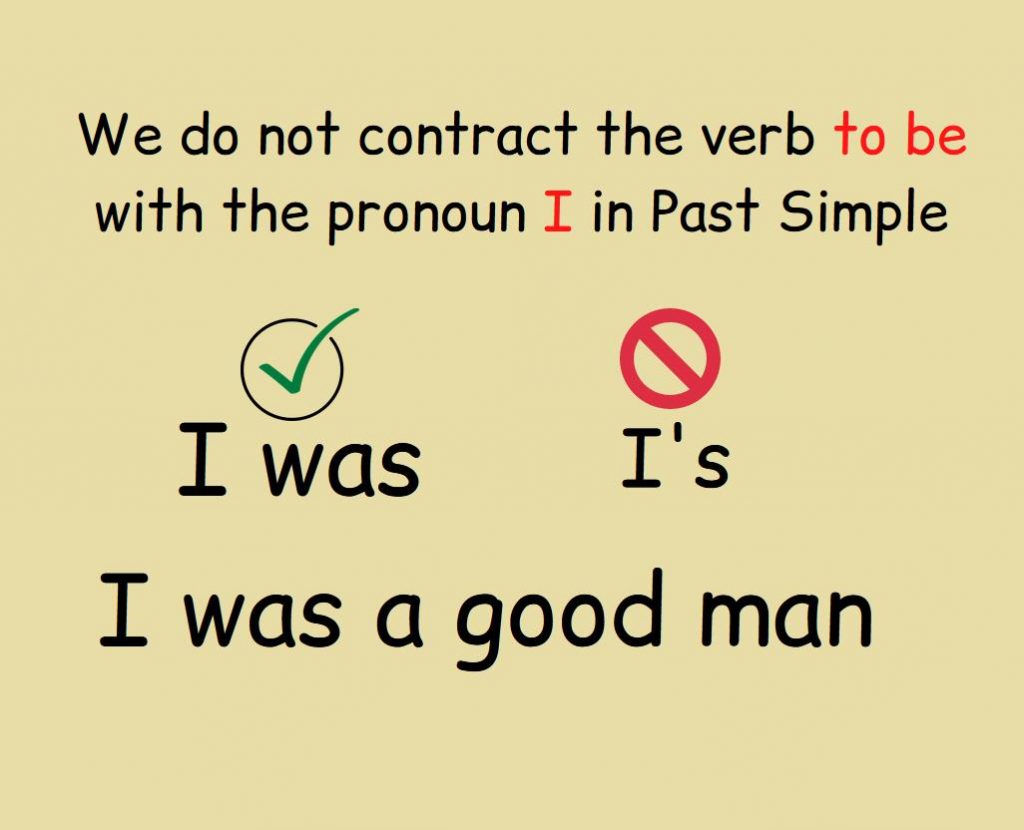
Also note that when we use the short form of to be with pronouns like He, She, It, We, They, You, then the short form looks the same as the short form of to be in the Present Simple:
She’s – She is in the Present Simple.
She’s – She was in the Past Simple.
You’re – You are in the Present Simple.
You’re – You were in the Past Simple.
Therefore, it may not be clear what tense you use in the sentence. Someone can get confused by this.
For example, look at this confusing sentence:
John’s my friend!
What does this sentence mean? That John is my friend? Or that John was my friend before?
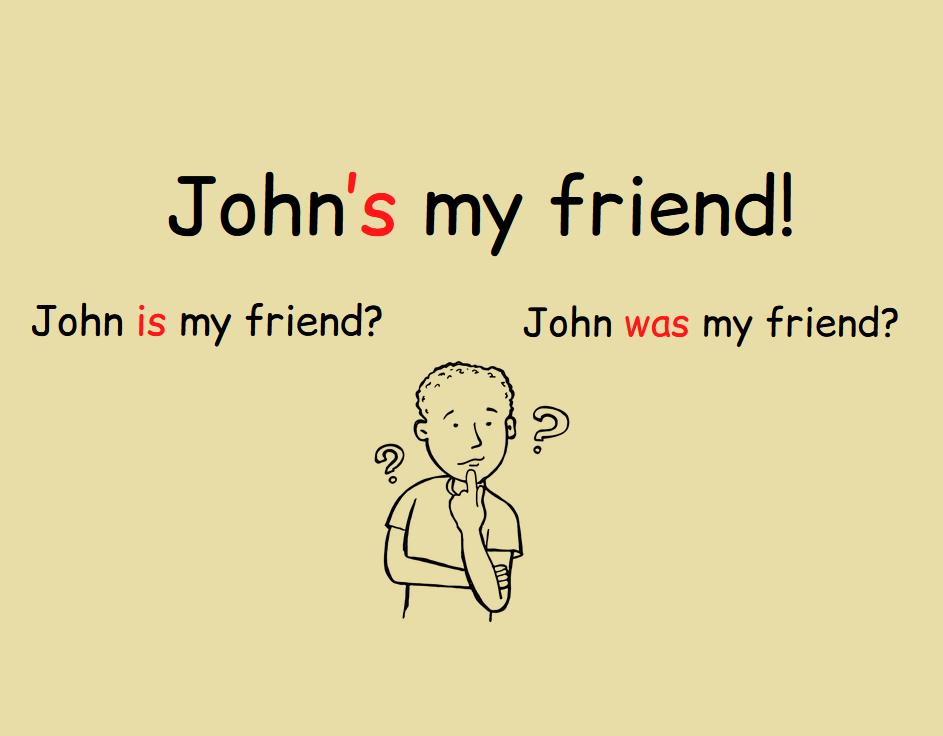
Therefore, in such sentences, the contraction of the verb to be may be inappropriate. Or you need to add context to clarify the meaning of the sentence:
John is my friend, we go to school together.
From the context, it becomes clear that we are talking about the present.
John was my friend when we were kids. It was a long time ago. I don’t know where John is now.
It is clear from the context that we are talking about the past.
In Negative sentences we abbreviate the verb to be:
Was not turns into wasn’t.
Were not turns into weren’t.
Look at all full and short negative forms of to be with all pronouns:
| Full | Short |
| I was not | I wasn’t |
| He was not | He wasn’t |
| She was not | She wasn’t |
| It was not | It wasn’t |
| We were not | We weren’t |
| They were not | They weren’t |
| You were not | You weren’t |
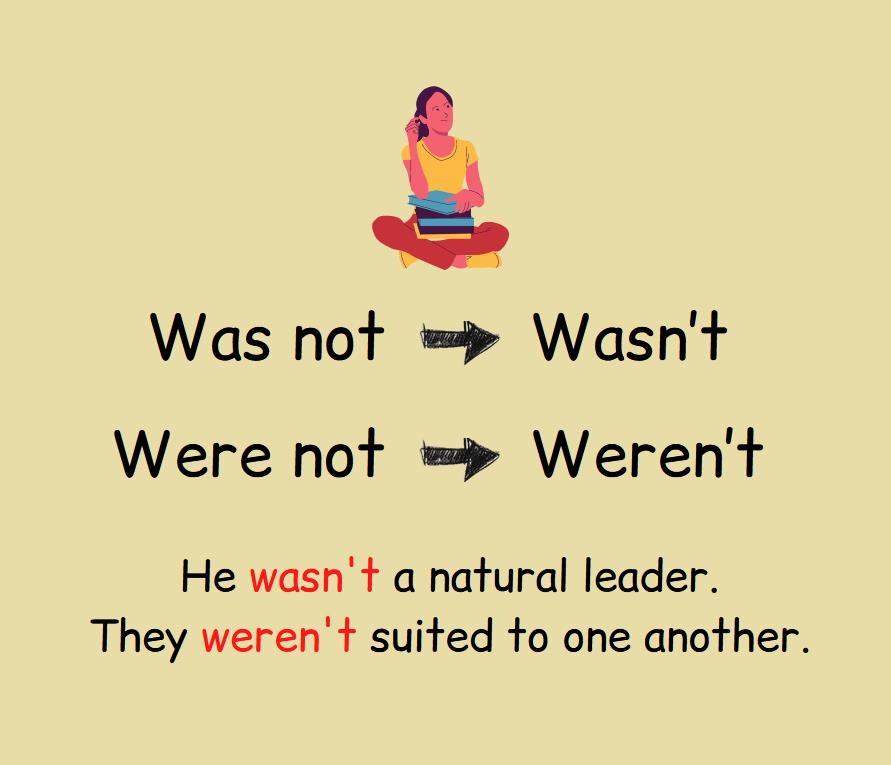
The Case When We Use “I were” Instead of “I was”
In English, there is one interesting case when we specifically use were with the pronoun I.
- I were
You can often see the word If in front of such an unusual combination.
- If I were
What does this formula mean?
“I were” is the subjunctive mood. We use it when we are talking about something that is not true. When we imagine something. When we wish that something was true, but it was not true in reality.
Take a look at an example:
If I were rich, I would buy myself a huge yacht!
In this example, I used I were because it’s not true! Because I’m not rich. I have no money to buy a huge yacht.
We use I was when we talk about what might have happened.
If I was rude to you, don’t be angry at me.
In this case, we used I was because we are talking about what could have happened. For example, we talked to our friend yesterday and it seems to us that we could be rude. That is, we assume that this behavior could very well have happened.
We use I were when we talk about something that couldn’t have happened because it’s just an imaginary situation.
If I were king of England, you would serve me.
If I were rich, I would go abroad.
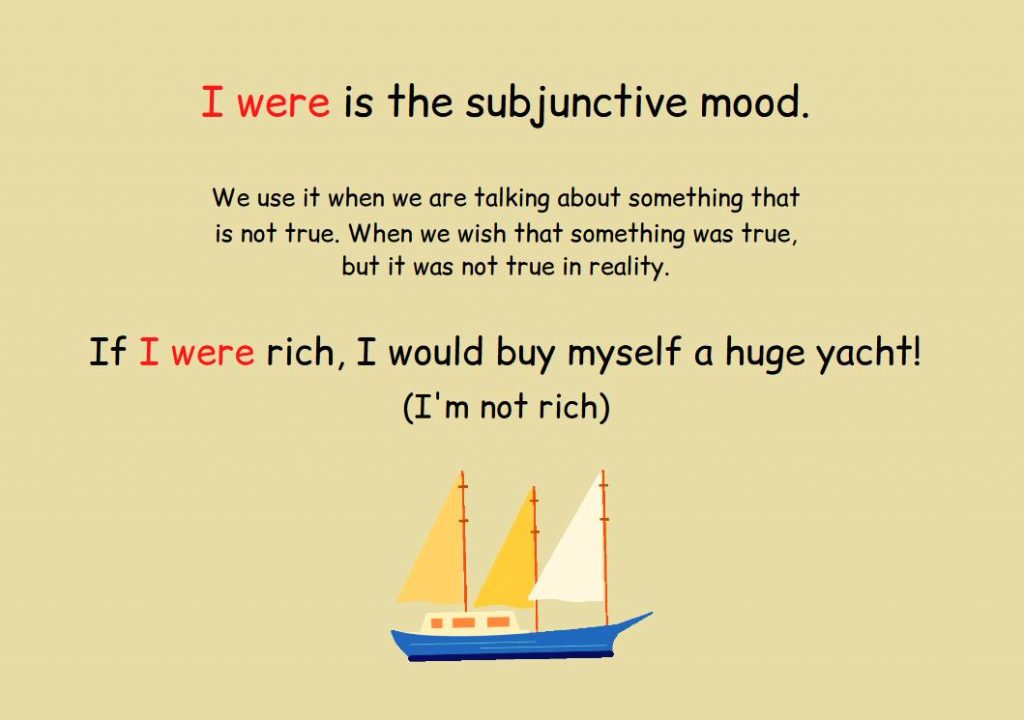
Common Mistakes With To Be in Past Simple
1) Many English learners make the mistake of using the wrong form of to be in the Past Simple. For example am, is, are. Remember what the forms of the verb to be look like in the present, future, and past:
Present:
- I am
- He is
- She is
- It is
- We are
- They are
- You are
Future:
- I will be
- He will be
- She will be
- It will be
- We will be
- They will be
- You will be
Past:
- I was
- He was
- She was
- It was
- We were
- They were
- You were
The last column is how we use the verb to be in Past Simple.
2) Another common mistake is using the auxiliary did with to be.
Incorrect: Did I was there?
Correct: Was I there?
Incorrect: I did not was there!
Correct: I was not there!
3) The third common mistake is the use of the wrong form of the verb to be in answers to questions. Making such mistakes, students are often guided by the form of the verb to be that was in the question.
Question: Were you at home?
Answer: Yes, I was.
We used were in the question. Because we used the pronoun You. We use were with the pronoun You. We used was in the answer. Because in the answer we have the pronoun I. We use Was with the pronoun I. Be careful!
Take a look at some more examples showing how not to do the same mistake.
Question: Was I right?
Answer: Yes, you were right! (NOT: Yes, you was right!)Question: Was I driving fast?
Answer: Yes, you were driving fast! (NOT: Yes, you was driving fast!)
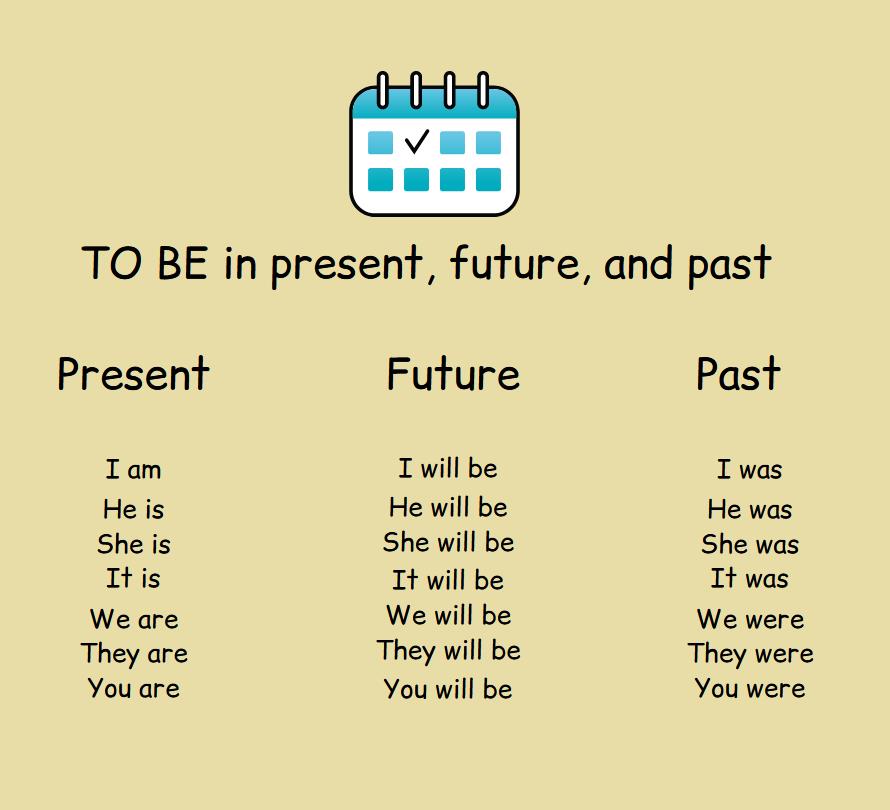
You can also read the full article on Past Simple.
Hello! If you would like to thank me for the articles I wrote, you can click Buy me a coffee. Thank you! ❤❤❤



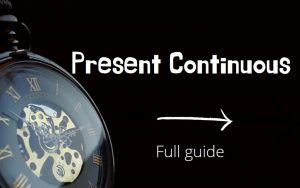



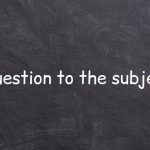


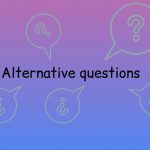
Excellent post. I absolutely appreciate this website. Thanks!